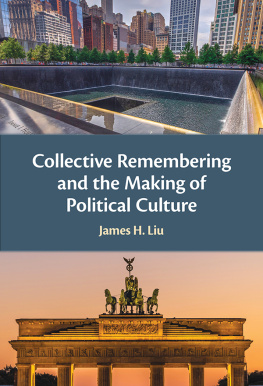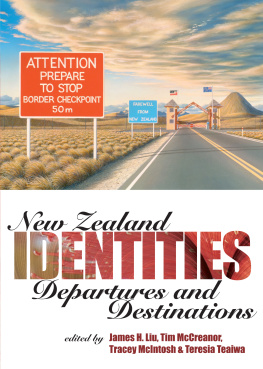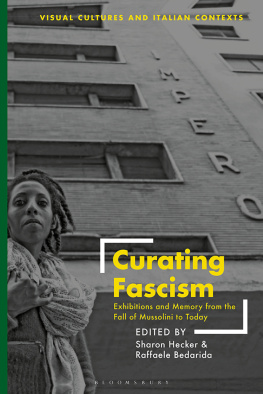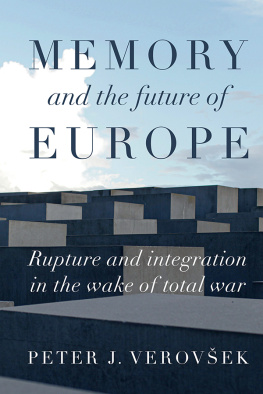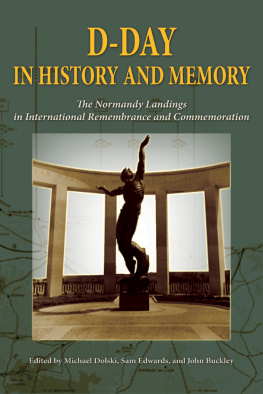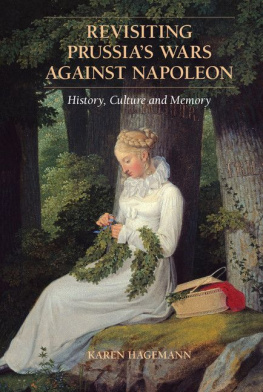
Contents
Collective Remembering and the Making of Political Culture
Collective memory can make and break political culture around the world. Representations and reinterpretations of the past intersect with actions that shape the future. A nation s political culture emerges from complex layers of institutional and individual responses to historical events. Society changes and is changed by these layers of memory over time. Understanding them gives us insight into where we are today. Encompassing examples from colonization and decolonization, revolving around the critical junctures of the world wars, this book illustrates how collective memory is produced and organized through commemoration, through monuments, and through individuals sharing stories. Using concrete examples from around the world, James H. Liu shows how different disciplines can come together through shared concepts like narratives and generational memories to provide mutually enriching perspectives on how political culture is made, and how it changes.
James H. Liu is Professor of Psychology at Massey University, New Zealand. His research focuses on social, cross-cultural, and political psychology. He has been influential in the development of Asian social psychology, including an indigenous psychology of Confucianism, and he advocates for psychology as a human science.
Collective Remembering and the Making of Political Culture
James H. Liu
Massey University

University Printing House, Cambridge CB2 8BS, United Kingdom
One Liberty Plaza, 20th Floor, New York, NY 10006, USA
477 Williamstown Road, Port Melbourne, VIC 3207, Australia
314 321, 3rd Floor, Plot 3, Splendor Forum, Jasola District Centre, New Delhi 110025, India
103 Penang Road, #05 06/07, Visioncrest Commercial, Singapore 238467
Cambridge University Press is part of the University of Cambridge.
It furthers the University s mission by disseminating knowledge in the pursuit of education, learning, and research at the highest international levels of excellence.
www.cambridge.org
Information on this title: www.cambridge.org/9781108833523
DOI: 10.1017/9781108985093
James H. Liu 2022
This publication is in copyright. Subject to statutory exception and to the provisions of relevant collective licensing agreements, no reproduction of any part may take place without the written permission of Cambridge University Press.
First published 2022
A catalogue record for this publication is available from the British Library .
ISBN 978-1-108-83352-3 Hardback
Cambridge University Press has no responsibility for the persistence or accuracy of URLs for external or third-party internet websites referred to in this publication and does not guarantee that any content on such websites is, or will remain, accurate or appropriate.
Preface
Looking back, it might be fair to describe parts of the writing of this book as writing meta-science. I struggled with the craft of trying to write narrative science about moments in history where the author is embedded as a mote in a sequence the science is intended to encompass. This gives rise to perplexities and paradox. I address these perplexities through a dialectic, involving a tension between opposites, including an inquiry into truth and a quest for harmony. In dealing with perplexity and antinomy in human science, reflexivity is essential.
Human science in the late twentieth century, the time of my enculturation into adulthood, was ill-equipped for such endeavor. The world at the time was dominated by a single civilization that thought itself superior to all others. As one living inside this collective, I recollect reading three books in 1980 that would be central to my future development: Sima Qian s Records of the Grand Historian , Edward Gibbons s History of the Decline and Fall of the Roman Empire , This is written into the history of how that history (the Han dynasty) is remembered. History and meta-history rolled into one. I am grateful to my father, Shu-hsien Liu, a New Confucian philosopher, and my mother, An-yuan Liu (critic and translator), who introduced me to Sima Qian as part of my culturally hybrid upbringing in Carbondale, Illinois.

